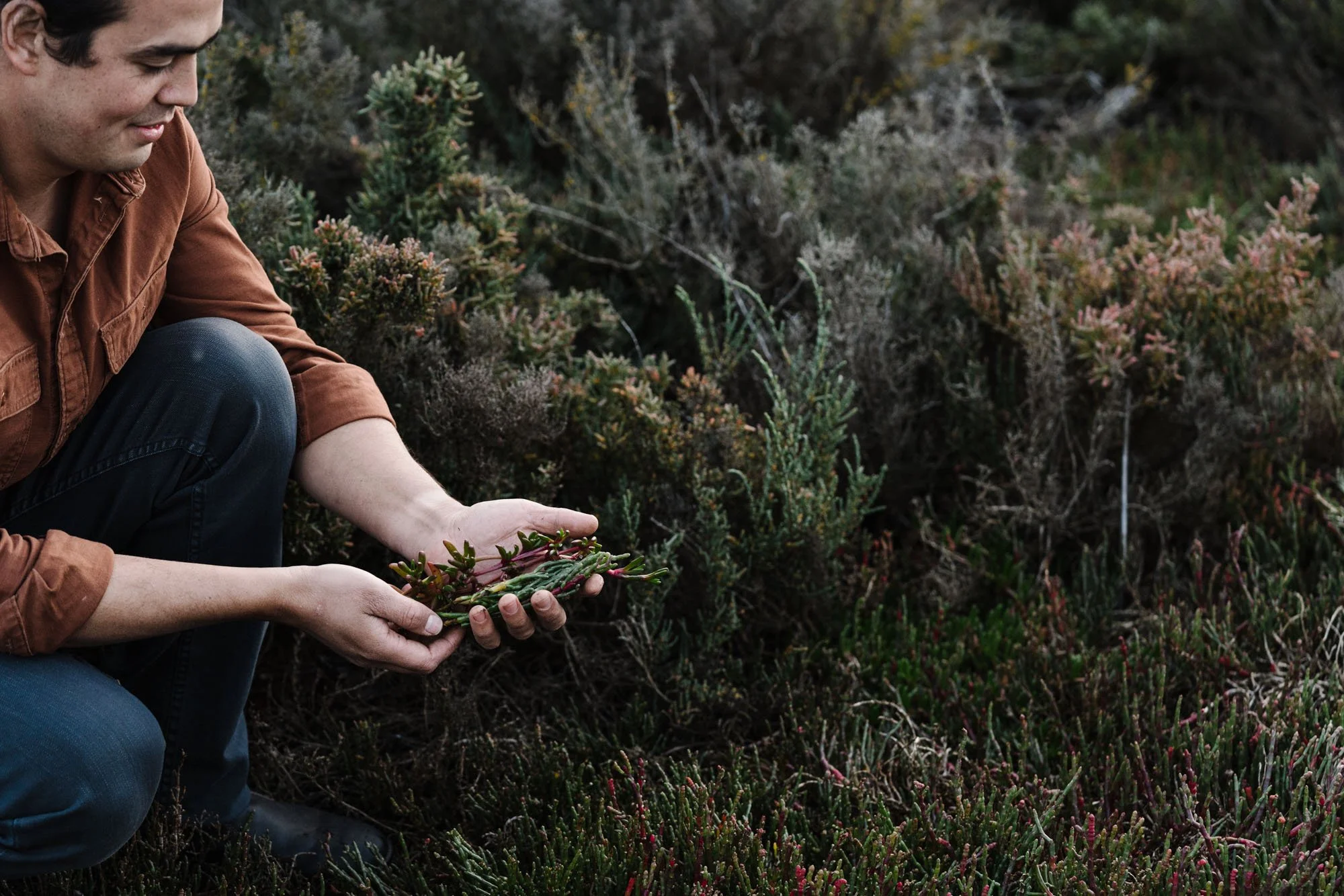What are you eating?
THREE NEAT THINGS
My fortnightly newsletter - a dose of goodness, productivity hacks, and small business tips. Sign up here!
ISSUE 077 | December 2024
Welcome change-makers!
After 30 years as a vegetarian (I started young!), I've watched the conversation around food choices evolve from "Why don't you eat meat?" to complex discussions about carbon footprints, ocean health, and habitat preservation. This shift reflects a broader awakening – our daily choices ripple far beyond our plates.
In this issue, I'll explore the nuanced spectrum of plant-based diets and what they mean for both personal and planetary health. I'll share insights from GoodFish's latest analysis of Australian canned tuna brands (spoiler: not all tuna is created equal), and look at practical ways to address livestock-driven deforestation.
From personal diet to business decisions, use these insights to strengthen your sustainability impact.
Marnie x
P.S. Want to geek out on food impact data? Our World in Data has crunched the numbers on environmental costs of different foods – dive into their analysis here for a bonus neat thing.
1
Climatarian, flexitarian, vegetarian or vegan?
The food we consume has a massive impact on our planet. Agriculture takes up half the habitable land on Earth (habitable land is land that is ice and desert-free), destroys forests and other ecosystems and produces a quarter of the world’s greenhouse gas emissions. Meat and dairy specifically accounts for around 14.5% of global greenhouse gas emissions.
While various climate-friendly diets exist, from vegan to flexitarian, each offers different approaches to reducing one's carbon footprint through food choices. Deciding which diet to choose is not as simple as you might expect.
2
Check your tuna
Canned tuna is a staple in Australian pantries, with nearly 45 million kilograms imported last financial year - which is almost the weight of the Sydney Harbour Bridge.
However, the sustainability of canned tuna varies significantly. GoodFish has evaluated Australia’s most popular canned tuna brands, categorising them based on their environmental impact.
3
Take action against livestock deforestation
The East Coast of Australia is listed among the top 24 deforestation fronts globally, alongside regions like the Amazon, Sumatra, and Borneo. Alarmingly, deforestation here occurs at an estimated rate of a football field-sized area of forest and bushland every two minutes, largely driven by clearing for cattle pastures to support beef consumption and export.
You can help by reducing beef consumption, choosing deforestation-free beef alternatives, and supporting brands and organisations committed to sustainable land use. Amplify your impact by choosing a super fund like Australian Ethical, which avoids investments linked to deforestation.




